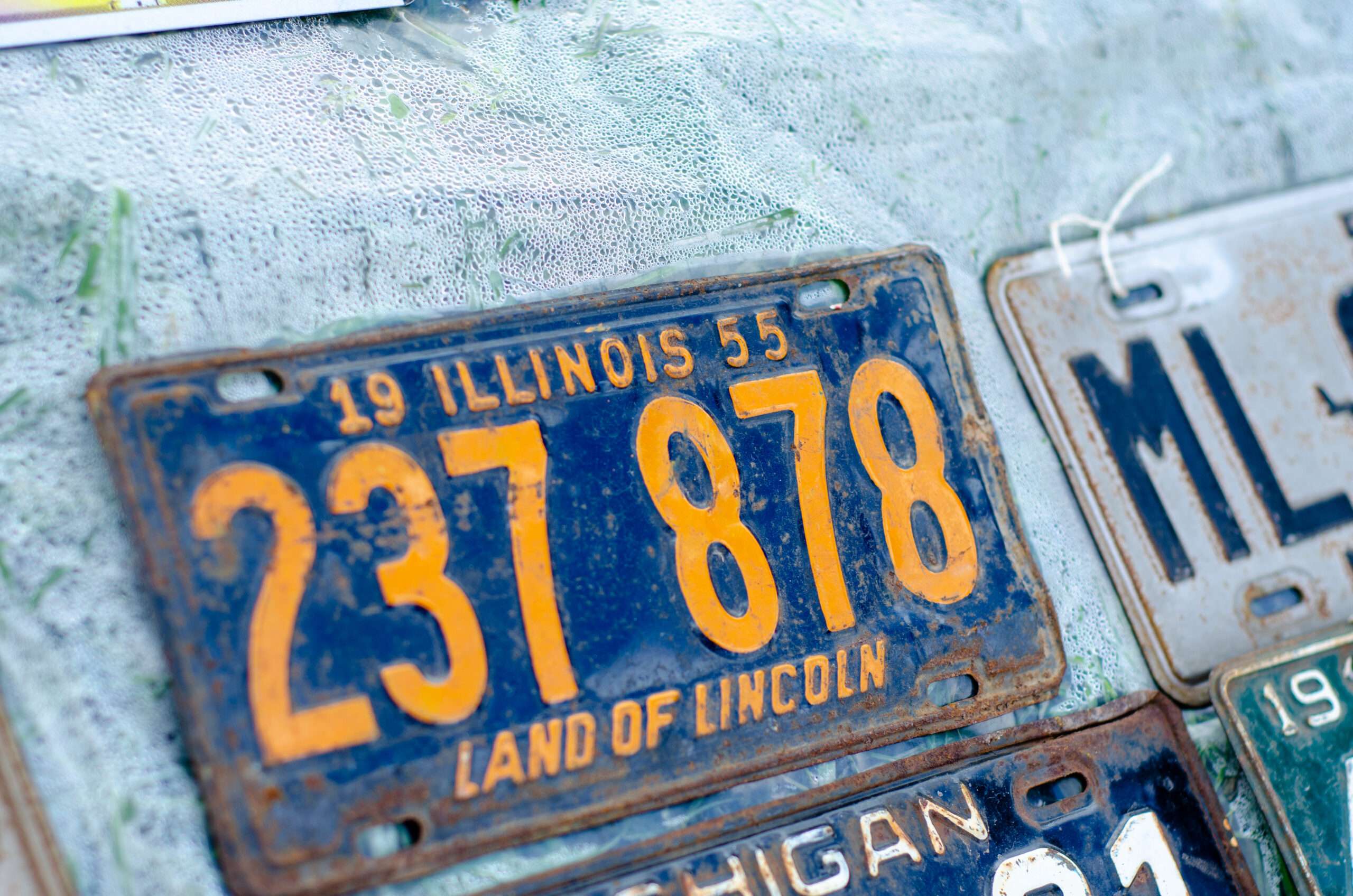A new lawsuit filed in the U.S. District Court for the Northern District of Illinois challenges the widespread use of automatic license plate readers (ALPRs) by the Illinois State Police, alleging a violation of the Fourth Amendment’s prohibition against unreasonable searches due to the breach of citizens’ reasonable expectations of privacy.
The complaint, brought by Cook County residents Stephanie Scholl and Frank Bednarz, names the Illinois State Police, ISP Director Brendan F. Kelly, Illinois Attorney General Kwame Raoul, and Gov. J.B. Pritzker as defendants.
The lawsuit claims that the state police are tracking individuals’ movements throughout Cook County without probable cause, storing location data acquired by over 600 license plate cameras installed across the state.
The Illinois highway camera network, initiated in 2019 with the Tamara Clayton Expressway Camera Act, has significantly expanded with millions in state grants to install more cameras, resulting in over 1.5 billion detections annually.
Stored data from the cameras is retained by ISP for 90 days, raising concerns about the potential infringement of privacy rights guaranteed by the Fourth Amendment.
Legal experts argue that the aggregation of location data through ALPR systems may violate citizens’ reasonable expectations of privacy, as established by Supreme Court precedent in cases like Katz v. United States.
A similar case in Massachusetts, Commonwealth v. McCarthy, highlighted the potential privacy concerns associated with widespread license plate tracking, indicating that with sufficient cameras and comprehensive tracking, a violation of privacy rights could occur.
The Illinois lawsuit aims to provide evidence of the pervasive nature of ALPR systems in the state, potentially strengthening the argument against the violation of privacy rights.
As courts navigate the fine line between public surveillance and privacy infringement, cases like this one play a crucial role in defining and upholding Fourth Amendment rights in the face of advancing police technology.
Legal experts emphasize the importance of ensuring that government surveillance practices do not outpace constitutional protections, underscoring the significance of cases like the Illinois lawsuit in safeguarding individual privacy rights.






